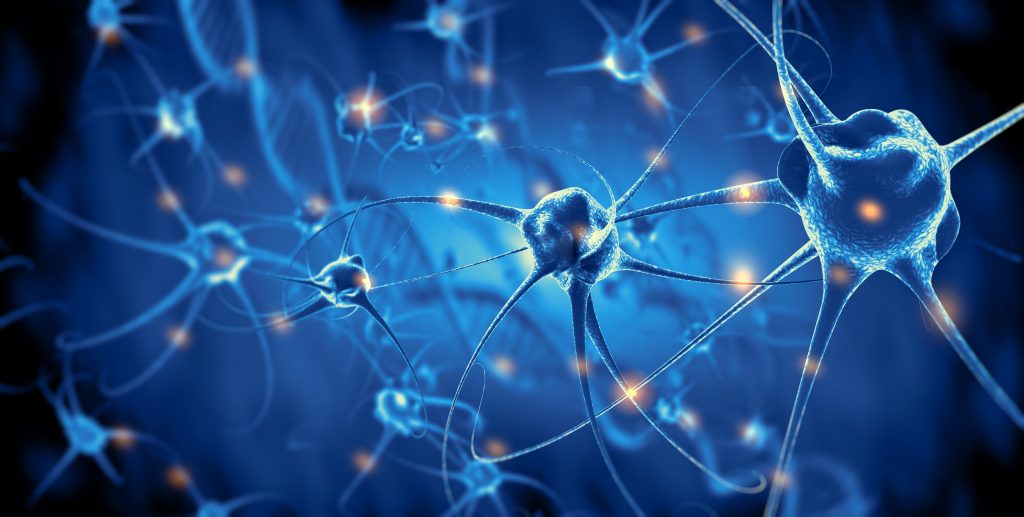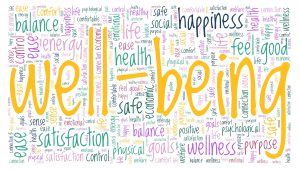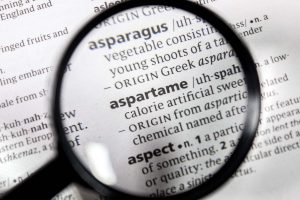Part I – A little insight
Cholesterol, a vital component present in all animal and human cells, is primarily produced by the liver (90 %) and to a lesser extent by the intestine (only 1-2 g per day). Any excess cholesterol is excreted through the liver with the aid of gall acid.
Since the gastrointestinal tract absorbs very little cholesterol, the body is almost self-sufficient and not really dependent on cholesterol intake from food.

Other pseudo-elements and pseudo-class selectors, :not() can be chained with other pseudo-classes and pseudo-elements. For example, the following will add a “New!” word to list items that do not have a .old class name, using the ::after
Is our body’s own production of cholesterol actually dangerous or perhaps vital?
We actually need cholesterol for the production of gall acid, vitamin D, and various (sexual) hormones. However, the main function of cholesterol is to build, maintain and repair our cell walls. Cholesterol helps maintain the elasticity of cell walls, which is first of all crucial for our nervous system.
To understand; a healthy cell absorbs nutrients with the help of its cell membrane, and at the same time protect itself from harmful substances (toxins) from the outside. Whenever there is increased damage or destruction of cells in the body, sufficient cholesterol is immediately needed for repair and reconstruction activities.
Why elevated cholesterol levels?
High levels of cholesterol in the body are primarily caused by the body’s own production of this substance. Cholesterol is an essential component of cells, and when the body is under stress or cells are damaged, it naturally increases its production of cholesterol to repair and rebuild cells. This process is normal and absolutely essential to life.
The nervous system needs cholesterol to keep nerve tissue healthy. However, when permanent stress – both physiologically and mentally – is ongoing, it can cause cholesterol levels to stay high for a long time, which isn’t good.
By the way, the brain is independent and can make its own cholesterol, but it also tells the liver to make much more when it needs it. As long as this happens within the “normal” framework, it is a very useful reaction.
It’s important to note that certain genetic diseases or organ disorders exists which cause high cholesterol levels in the body and therefore need more medical attention.
Nutrition and cholesterol
Most of the people still believe that consuming foods high in cholesterol, such as eggs, dairy, and meat products, is the primary cause of high cholesterol levels in the body. However, this is a common misconception.
While consuming a balanced and healthy diet is important for overall health, dietary cholesterol has only a minimal effect on blood cholesterol levels in most individuals.
The body’s natural production of cholesterol is the main cause of high cholesterol levels, rather than consuming cholesterol-rich foods.
Build your own opinion!
Let’s reflect on what we’ve learned about cholesterol and its vital role in the body. Being open-minded and questioning commonly held beliefs about this topic is essential.
We should always strive to keep learning and make well-informed decisions regarding our own health.
Be already curious about Part II


